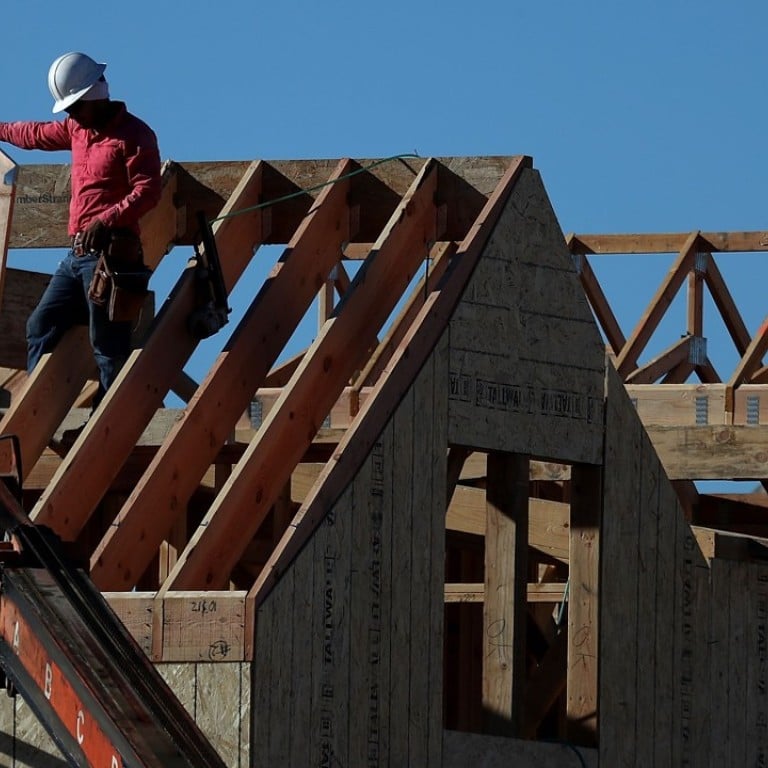
Chinese property investors increasingly ‘savvy’ about US market, says law firm
Despite tough talk in Beijing and Washing, Chinese investors’ interest in US real estate deals remains solid, according to law firm Paul Hastings
A growing number of Chinese property investors are opting to “redeploy” their capital in the US instead of taking it back to China, as they become more sophisticated in choosing investments, according to a lawyer who advises on such deals.
They are increasingly ploughing the profits from earlier investments back into other projects on American soil, partly because they have developed a better understanding of the US market and partly because tighter capital controls back home are putting them off repatriating the money.
“Projects that started four or five years ago when the [capital outflow] restrictions were looser,” are now being sold, said Eric Landau, chair of global real estate practice at law firm Paul Hastings. “Investors are keeping that money in the US and so redeploying capital that is already here,” he said, noting that this largely shielded their capital from the tougher curbs recently announced by Beijing because it doesn’t affect the country’s foreign currency reserve.
“[In the past] the money would be returned with a profit to the Chinese investor, who would then take the money back to China and invest it in China. [Now] rather than coming back to China, it is remaining in the US and being deployed for another project.”
Landau said this pointed to the fact Chinese investors are becoming more savvy in the US market.
“They are getting better at understanding both the deals they want to be in and the risks involved.”
This trend comes on the back of a slump in China’s outbound merger and acquisition activity over the past year. Chinese companies recorded US$95.9 billion in outbound M&A deals during the first three quarters of 2017, a 35 per cent slump from the same period last year, according to a report by Mergermarket released on Monday.
[Chinese investors] are getting better at understanding both the deals they want to be in and the risks involved
Late last year Beijing announced a raft of measures to tighten controls on money moving out of the country in an attempt to crack down on capital flight driven by a slowing economy and falling exchange rate. The government specifically sought to target what it called “irrational” acquisitions of assets, and singled out real estate.
This led one private equity firm, A Capital, to warn of an impending “ice age” for outbound investment. The most high-profile victim of this has been the Dalian Wanda Group, whose offer to buy the American entertainment company Dick Clark Productions collapsed earlier this year because of problems getting currency out of China.
Analysts have also pointed to closer scrutiny of Chinese investments by the US government as a factor in the slowdown.
But according to Phillip Feder, a partner at Paul Hastings in Los Angeles, demand for large development in gateway cities will continue for deals involving apartments, office buildings and condominiums.
“We’ve done some significant transactions involving Chinese investors betting in a big way on those sorts of deals and succeeding – even with the Trump administration – in getting approval for those transactions,” he said, pointing to Los Angeles as an example. “I see that trend continuing.”

